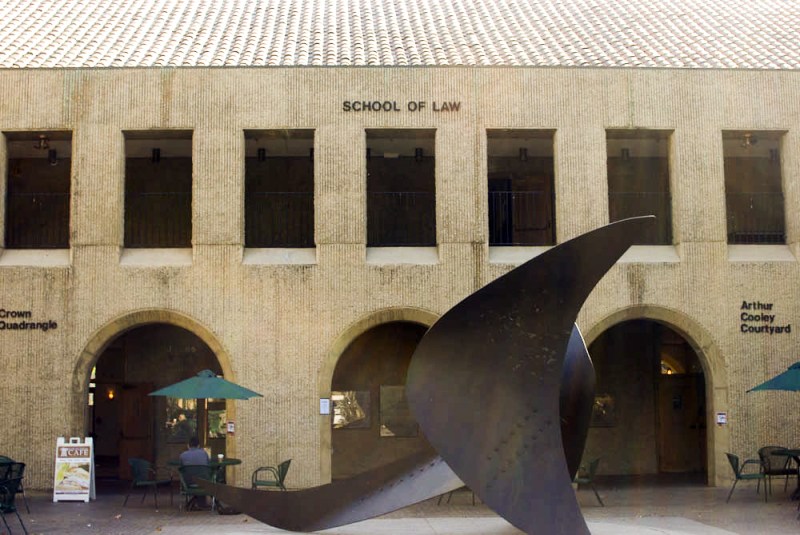In a Thursday dinner conversation hosted by Stanford in Government (SIG), Harvard Kennedy School lecturer Steve Jarding urged students to enter careers in politics to tackle problems such as climate change, the refugee crisis and overpopulation.
“The world is in a precarious situation,” said Jarding, a former communications director and senior advisor to the Democratic Senatorial Campaign Committee. “That’s not news to anybody.”
In particular, Jarding highlighted climate change as one of the most pressing issues facing leaders today.
Thirty years ago, Jarding noted, climate change did not rank as a high priority on politicians’ lists. However, as illustrated by recent findings from the Intergovernmental Panel on Climate Change (IPCC), times have changed, he argued.
“If we cut carbon emissions by half in 10 years, we’d be on track,” Jarding said. “The climate scientists were crying because they know that it just came out that there was a 3.4 percent increase in carbon emissions this year. That’s in the wrong direction.”
Classifying climate change as an existential threat, Jarding called on a new generation of leaders to make meaningful actions to cut down on carbon emissions and to shift the economy to more sustainable energy.
Millennials, Jarding believes, are well-equipped to handle climate change and other contemporary “burdens.”
“I really believe that the next generation of political leaders has, arguably, the greatest burden on their shoulder of any political generation,” he said. “While that can be scary, I feel humbled in a way that I can come to groups like this and say that if I were to put that burden on a generation, it’d be you.”
He urged those in the audience to enter electoral politics, calling it “the most important job you can have.”
Much of his advice focused on questions of scale; Jarding encouraged students to work for larger campaigns over those in smaller, local races.
“My advice to people in campaigns is this: Ideally, make it a big campaign [in terms of] how much money is going to get spent,” he said. “But it has to be competitive.”
Additionally, he told students to prioritize working in the center of the action, opting for campaign headquarters over satellite offices and striving to become part of a campaign’s inner circle whenever possible.
Despite his endorsement of electoral politics, however, Jarding still sees room for improvement in the quality of government today, naming political polarization and a lack of diversity as obstacles toward solving current issues such as climate change.
“Political leadership is the answer,” Jarding said.
Despite fears of low turnout, SIG co-director of general events Emily Katz ’19 expressed satisfaction with both the attendance — which she termed “our biggest challenge” — and the content of Jarding’s dinner conversation.
“We hoped for exactly what Professor Jarding gave us,” Katz told The Daily.
Student attendees also found the talk inspiring.
“A friend dragged me to this event,” said Lauryn Johnson ’22. “By the end, I believed that I was a person that could become a leader and change electoral politics.”
Rachael Lee ’22 said the conversation confirmed her view of politics as “something gilded — beautiful on the outside, but something much more gritty and real on the inside.”
“It sparked a realization of my responsibility as the next generation to be a part of that gritty world,” she added said.
For Jarding, that was exactly the outcome he had hoped for.
“I do hope you get into electoral politics,” Jarding said. “I hope you welcome this responsibility because it is daunting … but there’s not a group of people ever born onto this planet to have greater potential to save us than all of you.”
Contact Richard Coca at richcoca ‘at’ stanford.edu.
